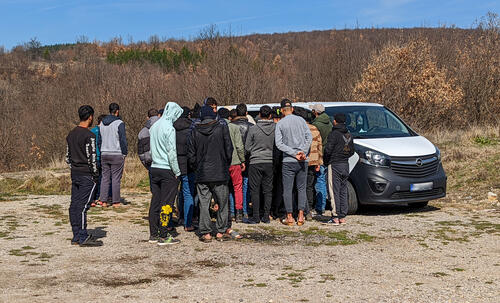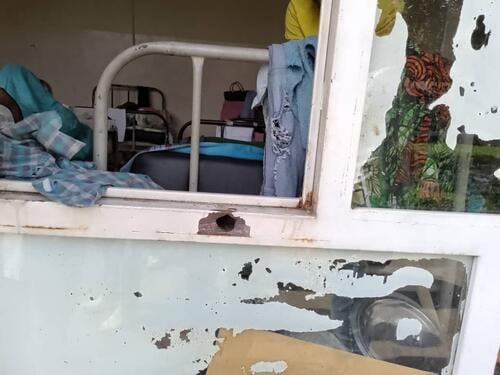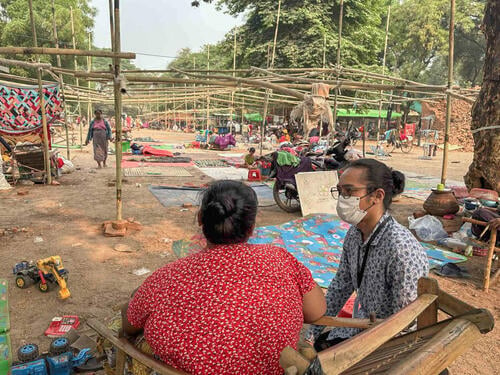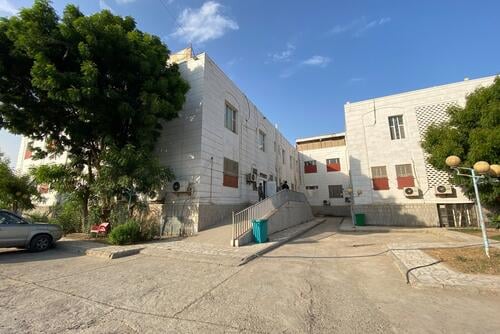Following a recent visit to the Serbia-Hungary border by top European Union officials, Médecins Sans Frontières (MSF) calls for increased EU scrutiny on violence against refugees, migrants and asylum seekers at Europe’s borders.
Since January 2021, MSF medical teams working in the Serbia-Hungary border region have treated 498 people for trauma injuries, including contusions, haematoma and closed fractures, after reported violence at the hands of border authorities.
“The physical injuries we treat and the accounts of violence we hear from our patients indicate the continuous intentional use of violence to deter people from seeking asylum in the EU,” says Duccio Staderini, MSF head of mission in the Western Balkans.
Patients treated near Serbia’s border with Bulgaria report being stripped of their clothes and belongings, being beaten up with batons and branches, having dogs released on them, and having pepper spray and teargas used against them.
Other forms of inhumane and degrading treatment reported by patients treated by MSF include the confiscation and destruction of personal belongings, off-the-book containment in isolated solitary confinement cells in the border zone, and intentionally induced falls from fences and ladders.
EU member states are continuing to prioritise the protection of borders over the protection and wellbeing of people. This must stop.Duccio Staderini, MSF head of mission in the Western Balkans
EU Commissioner for Home Affairs Ylva Johansson and newly appointed Chief of FRONTEXFRONTEX is the European Border and Coast Guard Agency visited the official border crossing between Horgos, in Serbia, and Roszke, in Hungary, on 16 March, where violent pushbacks by border guards are a regular occurrence. On her visit, Johansson praised the success of the joint border control in curbing “illegal migration” to Europe.
“EU representatives have intentionally decided to turn a blind eye to the excessive use of violence that we witness at the EU’s external borders,” says Staderini. “This visit shows the real face of EU engagement in the Western Balkans: more funding for security, a greater presence of FRONTEX, and increased returns and surveillance.”
Two years ago, FRONTEX suspended its operations on the Hungarian side of the border with Serbia following a court ruling that Hungary had breached EU law by committing illegal pushbacks of migrants arriving from Serbia. In December 2022, FRONTEX moved its operations to the Serbian side of the border as part of the EU’s project to externalise migration management to neighbouring third countries.
MSF teams have worked in Serbia since 2014, providing medical care to refugees, migrants and asylum seekers travelling to Europe on the Balkan route. In January 2021, MSF teams started working in the north Serbia-Hungary border region, and in January 2023, MSF opened an emergency project in the south Serbia-Bulgaria border region.
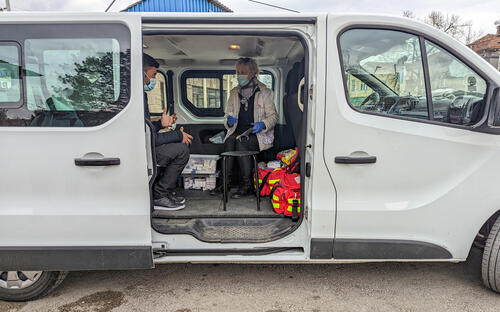
Crossing the border from Bulgaria to Serbia involves a walk of three to four days on forested mountain tracks. The people making this journey often have no food, water or shelter, and face harsh weather conditions. In February, two people, including a child, died from cold on this route. This year, MSF teams in Pirot, on the Serbian side of the border, have provided medical treatment to 1,944 people for conditions including frostbite, trench foot, infected injuries, fevers, skin lesions, blisters and general signs of physical exhaustion.
We have extensively denounced the violent practices perpetrated on refugees, asylum seekers and migrants at Europe’s borders since 2014.
“EU member states are continuing to prioritise the protection of borders over the protection and wellbeing of people,” says Staderini. “This must stop.”



